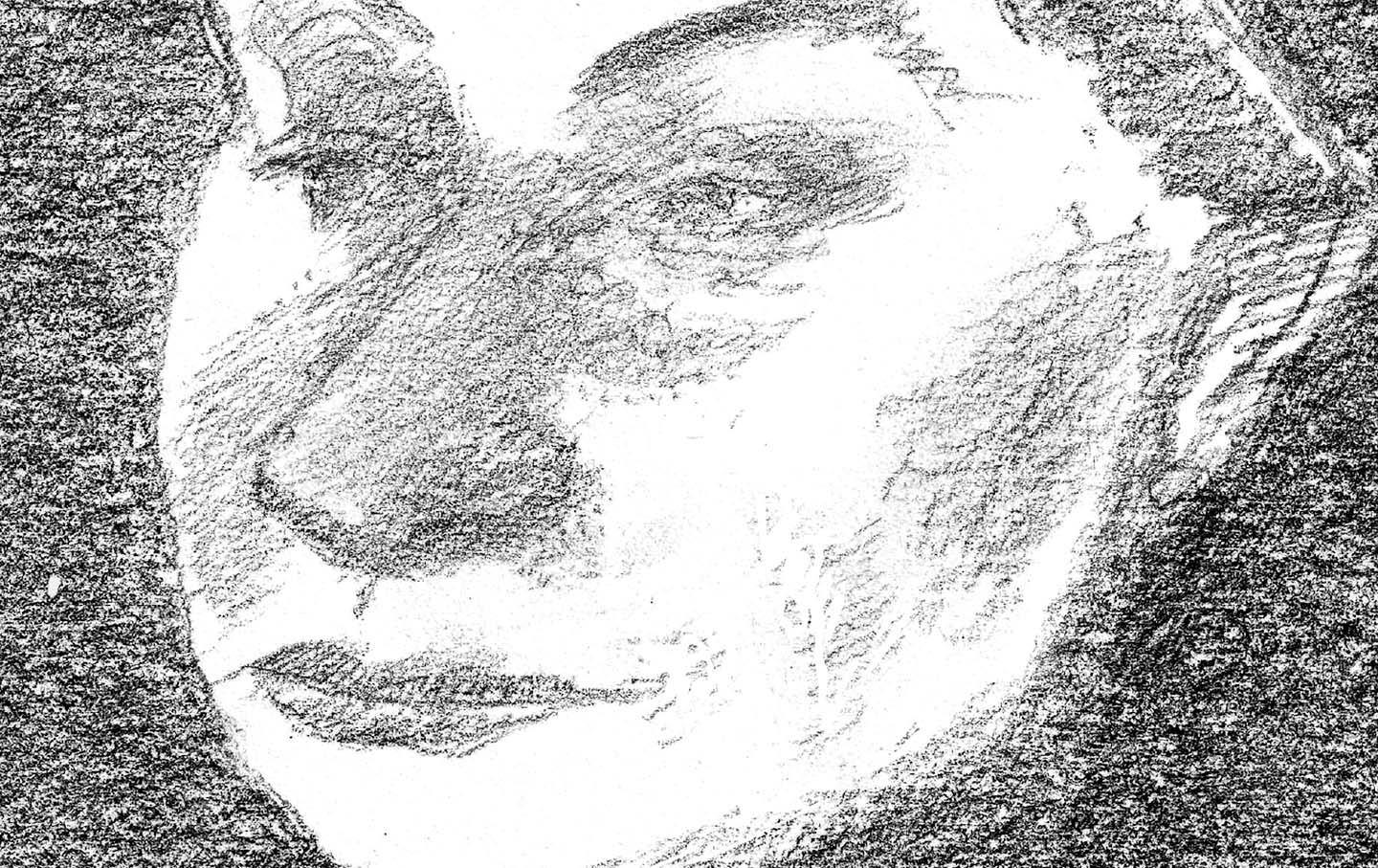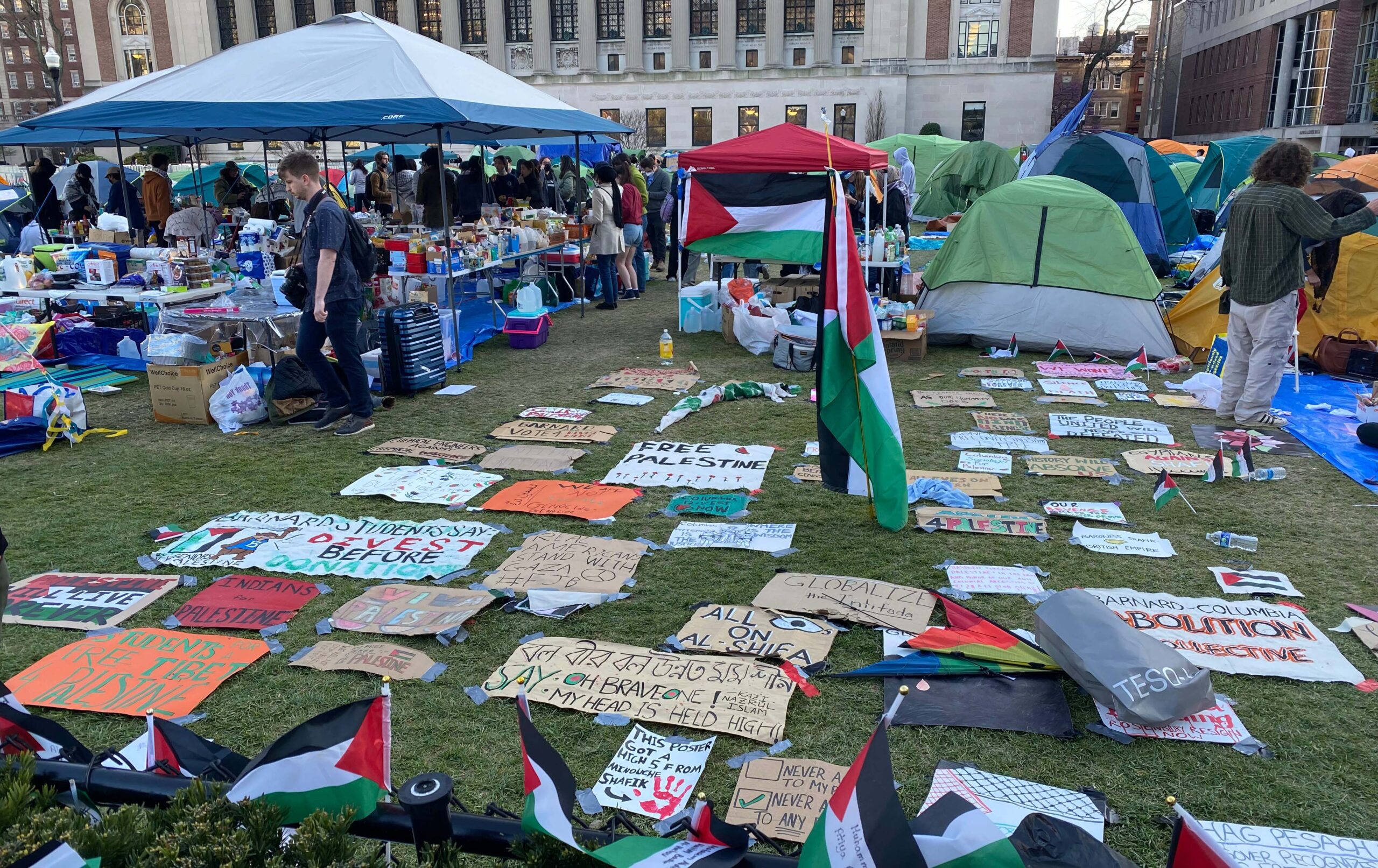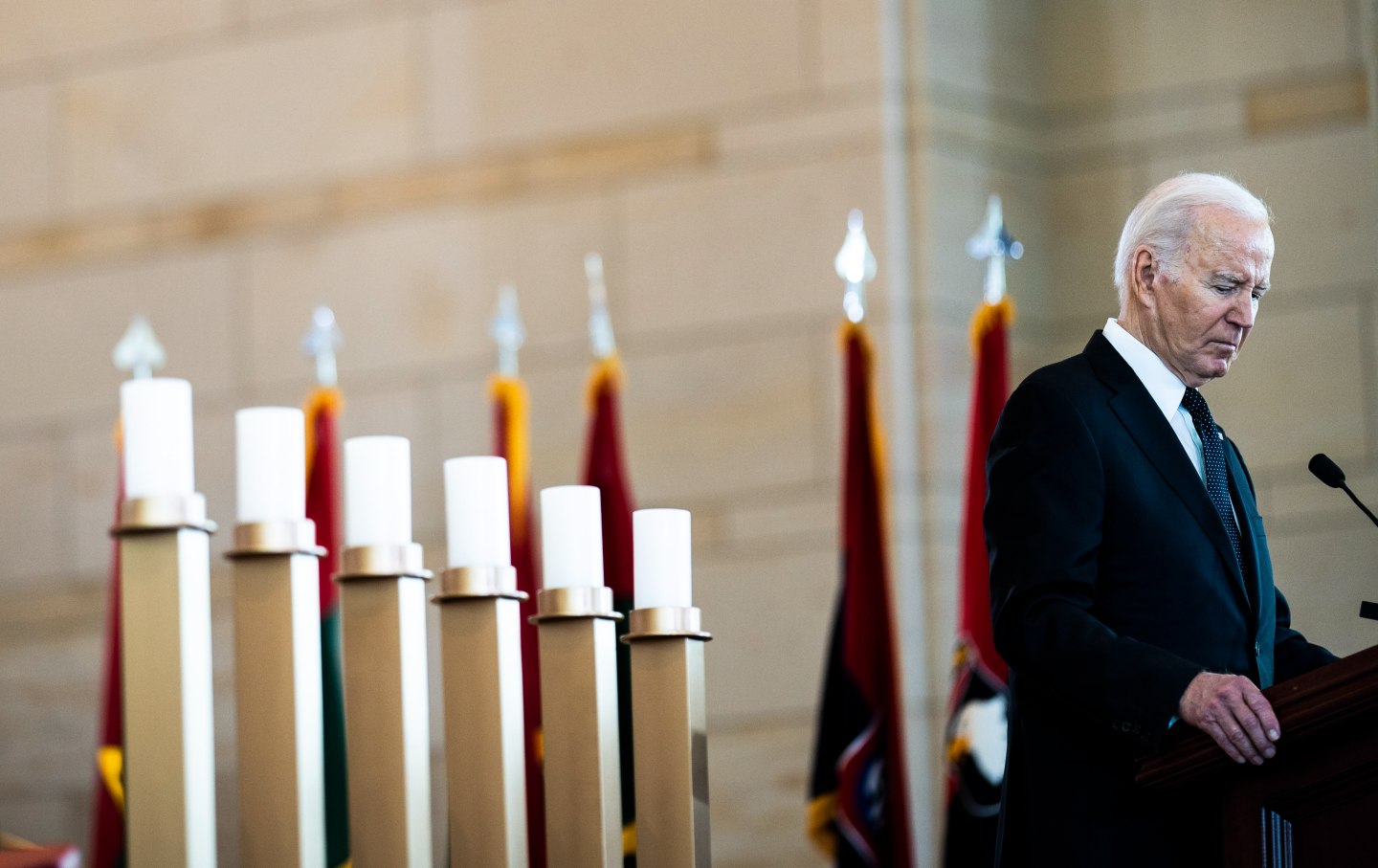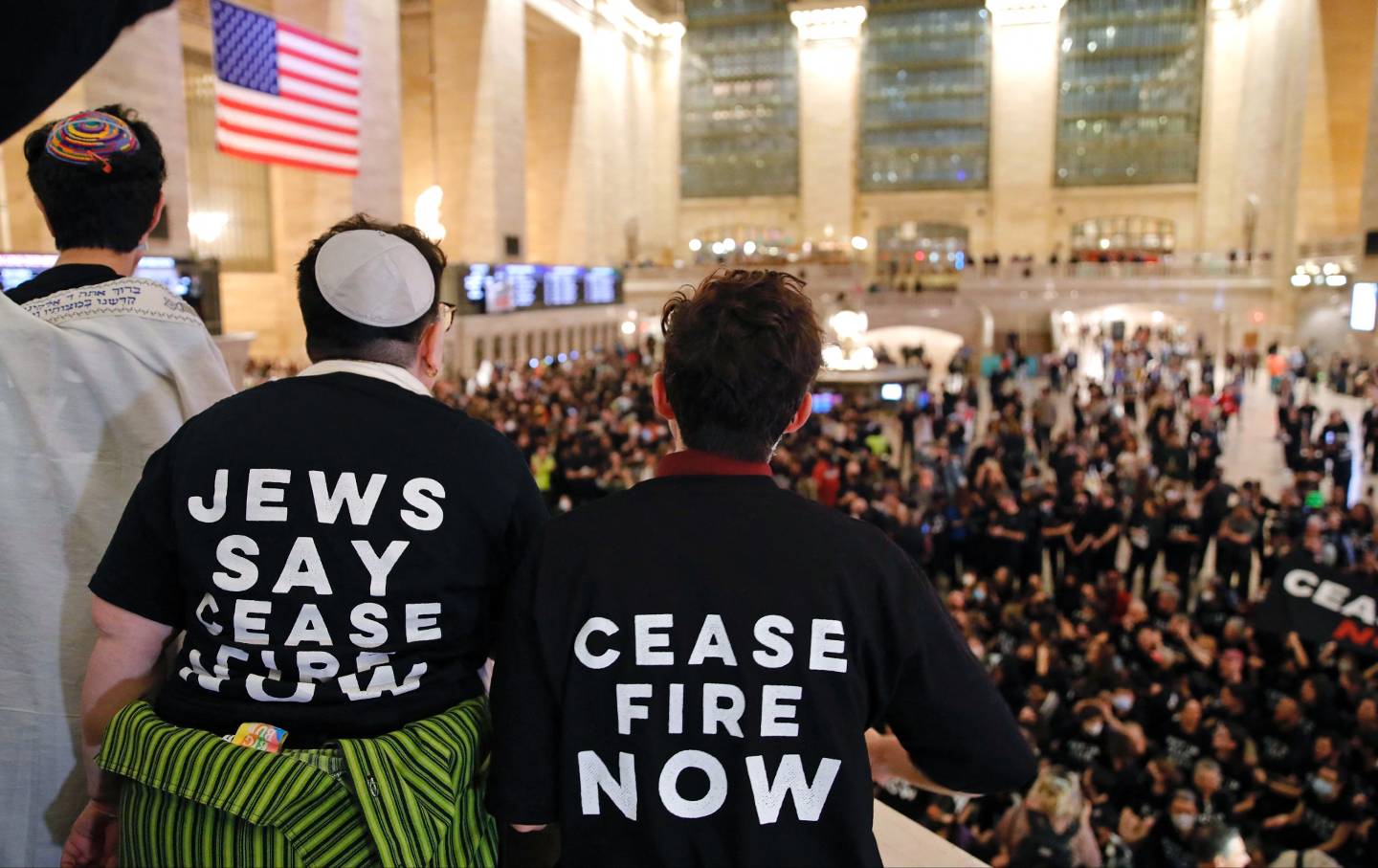Remembering a honeymoon hike near Drakes Bay, California, while I cook our dinner at the feet of Colorado’s Front Range
That stretch of coast like the soft spot
in your self, the heart of your self I call
your soul. That feeling that comes there, when fog settles
so truly I know I am walking inside
a cloud. Intangible. Tangible. Both
at once. Sweetheart, I need to tell you something
after we finish, tonight, with this dinner
I’m preparing—rainbow chard wilted in oil
with shallots and pepitas, herb-rubbed chicken
already roasting. Even on these hot days,
far from the cool coast of California, when I’m with you,
I am inside such a cloud. This is how I know
I won’t ever believe in heaven if heaven isn’t right
here, with you. Our sunflowers keep coming back,
year after year after year, since that first year
we drove seeds under our new yard’s soft soil.
That, dear heart, is it. It is the softness I need
to thank you for. I’d be lost without that
part of you that eases up enough to let me in.
Then closes back around me. For years,
on the edge of California’s coast, ship after ship
after European ship sailed past. An inlet
kept safe inside a cloud. Safe the sweet smell
of California buckeye and dusty green sage. Safe
the spineflower, checker lily, blue blossom. Unharmed
the little native bees and yellow-faced bumble bees
who skip from flower to flower. Unharmed
the coast buckwheat, and the fiery skipper
and gossamer-winged butterflies who need buckwheat
to survive. Unharmed the lumbering grizzly.
Unharmed, until thinned fog let ships in, the snakes
and mountain lions too. You’ve lived long enough,
sweetheart. You’ve paid attention to your history.
You know what some people will do if let in
to the part of your self you spent so long protecting.
But you showed me this anchorage. Those soft brown
shoulders. The headlands. Here I am. So much in bloom!
And me, with you, in all this soft wild buzzing.
(This poem originally appeared in You Are Here: Poetry in the Natural World.)
Thank you for reading The Nation!
We hope you enjoyed the story you just read, just one of the many incisive, deeply-reported articles we publish daily. Now more than ever, we need fearless journalism that shifts the needle on important issues, uncovers malfeasance and corruption, and uplifts voices and perspectives that often go unheard in mainstream media.
Throughout this critical election year and a time of media austerity and renewed campus activism and rising labor organizing, independent journalism that gets to the heart of the matter is more critical than ever before. Donate right now and help us hold the powerful accountable, shine a light on issues that would otherwise be swept under the rug, and build a more just and equitable future.
For nearly 160 years, The Nation has stood for truth, justice, and moral clarity. As a reader-supported publication, we are not beholden to the whims of advertisers or a corporate owner. But it does take financial resources to report on stories that may take weeks or months to properly investigate, thoroughly edit and fact-check articles, and get our stories into the hands of readers.
Donate today and stand with us for a better future. Thank you for being a supporter of independent journalism.
Thank you for your generosity.
Camille T. Dungy is the author of the book-length narrative Soil: The Story of a Black Mother’s Garden; four collections of poetry, including most recently Trophic Cascade; and the essay collection Guidebook to Relative Strangers. She edited Black Nature: Four Centuries of African American Nature Poetry and co-edited From the Fishouse: An Anthology of Poems that Sing, Rhyme, Resound, Syncopate, Alliterate, and Just Plain Sound Great. Dungy is the current poetry editor for Orion magazine. Dungy’s other honors include the 2021 Academy of American Poets Fellowship, a 2019 Guggenheim Fellowship, an American Book Award, and fellowships from the National Endowment of the Arts in both prose and poetry. She is a university distinguished professor at Colorado State University, in Fort Collins.








